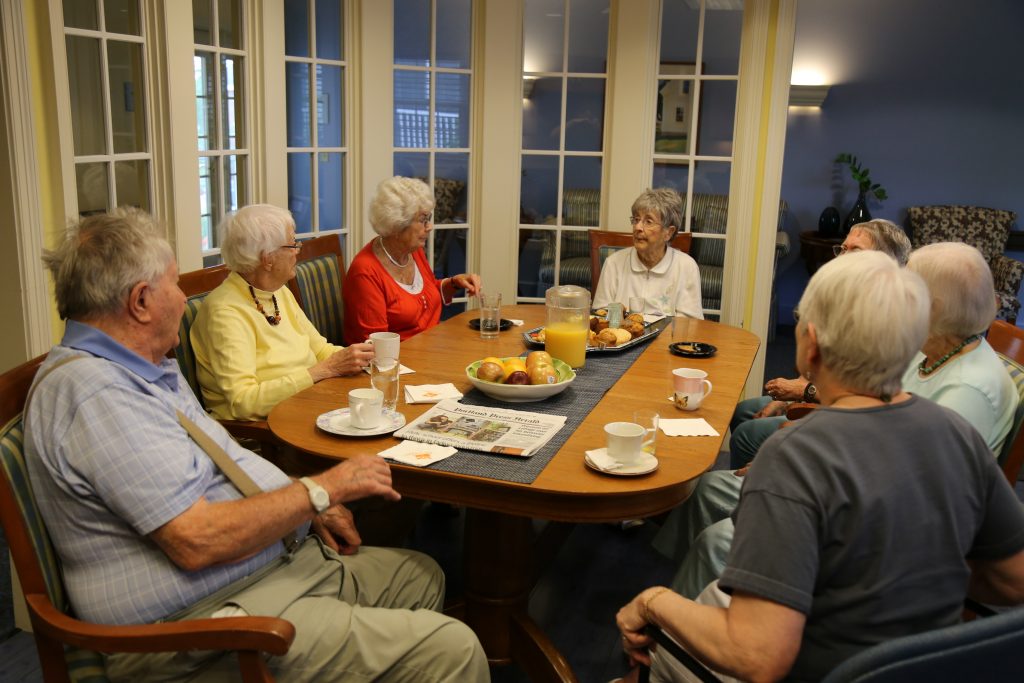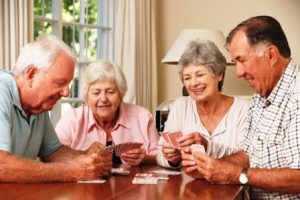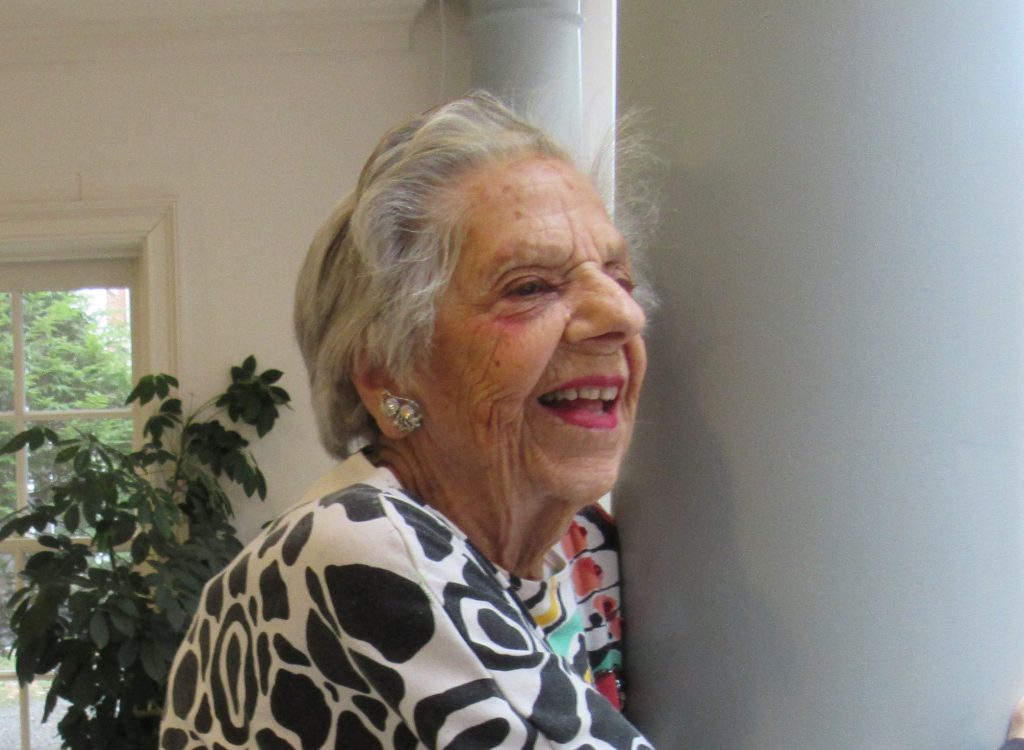How to Serve a Quarter-Million Meals a Year and Savor Every Moment

“A full plate tells me someone who needed nutrition didn’t get it and will have to make it up with supplements. That’s unacceptable to me. An empty plate tells me someone enjoyed a real meal, made from natural local ingredients with real care.” – David Kessler
When Wendy Bush was admitted to The Cedars senior living community, she worried about maintaining her weight while recovering from a broken leg. “The food at The Cedars is wonderful!” she declares. “When I started looking forward to the next meal, I knew I might be in trouble. Thank goodness for the portion control.”
She really means thank goodness for David Kessler, Director of Dining Services, and his team. When David arrived at The Cedars in 1994, he served 102 residents with a staff of 18. Today, David oversees the preparation, production and service of over 500 community meals and 100 guest meals per day with a staff of 75.
Most of the meals must meet a wide range of therapeutic needs, from renal to cardiac, and be served in as homelike a manner as possible. The Cedars does not serve any meals on hospital-style trays. Most of these meals are served in our beautiful, sun-drenched formal dining rooms by attentive waitstaff. Elegant china and linens showcase each dish, and residents look forward to sharing lively conversations – and perhaps a glass of wine – with their friends and families.
WHAT IS THERAPEUTIC MEAL?
Many of the patients and residents of The Cedars have dietary restrictions or special dietary needs because of their age or medical condition. David and his team must create tempting, nutritious meals that meet critical requirements every single day.
Meals may need to be “mechanically altered,” or made easier to chew or swallow – meats cut up or pureed, liquids thickened. “Two residents might be sitting side-by-side at lunchtime, but one of them has difficulty swallowing,” David explains. “If you sit down with them, you’d see two tempting plates of chicken under cacciatore sauce – but chicken on one plate has been diced.”
Many patients can only have a specific amount of sodium in their diet, challenging the chefs to infuse dishes with flavor using other herbs and spices. Another typical restriction is carbohydrates, for diabetic residents who must control their glucose levels.”
“Take those two diners again,” David continues. “One has a piece of chocolate cake for dessert. How does their companion, who has a carbohydrate-restricted diet, feel if we say, No, you can’t have that? We provide a smaller piece of the same cake – and the same amount of happiness and enjoyment.”
The Cedars also honors it’s Jewish heritage by offering kosher meals. Under the supervision of a rabbi, Dining Services prepares kosher meals in a kosher kitchen not just for interested residents, but for the Jewish Community Alliance’s Meals on Wheels program.
David never loses sight of the fact that we eat a meal not just because we need nourishment, but because we crave the tastes of our childhood, cultural traditions or the company of our friends.
MENU PLANNING AND SERVICE
David plans his dining menus around seasonality and variety. “Living in Maine gives us access to the best seafood, produce and meats,” he explains. “And we don’t want even our most popular dishes to feel repetitive. In every way, we try to keep our menus fresh.”
Matt Caiazzo, Assistant Dining Director, also meets monthly with the resident dining committees. He shares how dishes are prepared, listens to feedback on recent meals and takes special requests for particular dishes or ingredients.”
“Our menus reflect years and years of resident feedback,” David says. “We’re always refining old favorites and introducing new ones.”
Seniors gather for meals in our main dining rooms for formal service or on the neighborhoods for family-style dining. Offering these choices reflects the team’s committment to keeping meals as homelike as possible.
“We want seniors to be able to smell and taste and see their choices, just like home,” says David.
SPECIAL CELEBRATIONS
The Cedars hosts special events all year long, and Dining Services caters everyone. From trays of healthy wraps for a meeting of six people to family dinners for 130 people, David’s team makes great food the centerpiece of every celebration.
“One of my favorites is the Anti-Cabin Fever Barbeque in February,” David says with a grin. “My team outside on the patio, grilling in Hawaiian shirts and straw hats over their winter coats. Residents and staff just love watching us cooking for them in the ice and snow.”
Planning these events can beging months in advance. “We create menus and place food orders for summer barbeques at The Atrium and The Cedars Auxiliary Donors Dinner in early June,” David says. “We’re always thinking ahead.”
“Nothing is more connected with the feeling of home than food,” David says. “And we want everyone at The Cedars to feel right at home.”





 “My therapists helped me create a plan and achieve my goals. When I was discharged, I knew I was ready to go home. – Wendy Bush
“My therapists helped me create a plan and achieve my goals. When I was discharged, I knew I was ready to go home. – Wendy Bush If you’re fortunate enough to live into your 90’s – life is looking better and better. Earlier today the Associated Press released a
If you’re fortunate enough to live into your 90’s – life is looking better and better. Earlier today the Associated Press released a 

